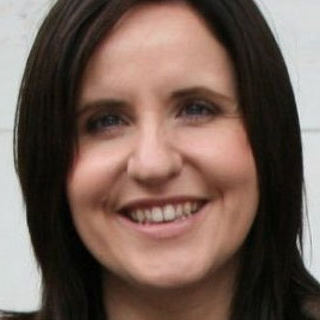The Sofa Problem
A post about management
Patricia Aas, 02 April 2024
Though this is based on a true story, who even knows what parts are true anymore? And it doesn’t really matter for the story anyway.
The company in this story is based in downtown Oslo, Norway. For convenience, let’s call them Afos Tech (sofa backwards). The other main character is a guy, let’s call him Henrik. Henrik works at Afos Tech, presumably doing a good enough job at that.
One night, after a late night out, Henrik misses the last train home. He probably had a few beers that night, and decided to sleep on the office sofa until the morning train. The story could’ve stopped here. It probably should’ve stopped here. It wouldn’t have been a really good story though.
The next morning Henrik takes the morning train home. Nothing happened. He just left the office and went home.
However, of course, HR somehow finds out. And it all goes downhill from there. There are meetings, so many meetings. “Something has to be done!” “We can’t have our employees sleeping in the office!” “It’s probably against the law!” “And if it isn’t, it should be!” “Measures have to be taken!” “Order must be enforced in this anarchy of sofa sleeping!”
Ok, the last one was me, but you get the picture.
And Things Were Done. Alarms were introduced everywhere. If triggered, the alarm system would call out to a security company, possibly dispatching security guards to check out this “incident”. And they would trigger if you didn’t reset the alarm, within a few minutes of its warning beeps, using a special code you got from your manager if you had been given permission to stay late. And this would have to be done at regular intervals for anyone trying to open any door from 6pm until 6am. Of course passive aggressive emails were sent. So many emails. And, after a few weeks, a new breed of emails emerged: “PLEASE MAKE SURE TO RESET THE ALARM, THE SECURITY COMPANY SENDS US A 15,000 KRONER (1,500$) BILL EVERY TIME THEY HAVE TO SEND SOMEONE”. I always appreciate the “please” when people do shouty-cast, it makes all the difference.
Anyway, of course, as would surprise absolutely noone: Nobody stayed after 6pm. Ever. The alarm was scary, the shouting was scary. In the end the company spent hundreds of thousands of kroner’s (tens of thousands of $), and HR achieved their goal: They had gotten in front of the avalanche of sofa-sleepers. Thank goodness!
However, since I’m a tech person, let’s do a retrospective here. What could’ve been done, what should’ve been done, how can we improve in the future?
- Talk to Henrik. Say: “Hey, Henrik, sleeping on the couch is not a thing we do here, ok?” Henrik would probably say: “Sure, no problem, I wasn’t planning on making it a habit!” And then we would be done with it.
- Maybe we don’t feel too empathetic towards Henrik, so let’s change up the main character here: our 21 yo female intern Zoe, who is brand new in the city, mixes up the times and misses her train after being out one night. She doesn’t really know anyone in town, definitely not well enough to show up on their doorstep at 2 am. So she can A) stay out, by herself, in the streets or in the train station for the next few hours. Or… she can go into the locked office and wait for her train there.
- Or… you know… we could spend a ton of money… while casting a vague shadow of suspicion on ALL of our employees… making them too intimidated to dare work when they need to… so that we could get in front of… a thing that actually never happened?
Lessons learned: Just talk to people. Don’t go overboard to fight against something you clearly made up. Don’t punish everyone for something one person did. Just talk to that one person. If they keep on doing things you think are unacceptable, then deal with that person.
Feedback: If you can’t deal with talking to people: don’t have a job where that is pretty much your entire gig.
Key takeaways: This story wasn’t really about sleeping on sofas. It was about reigning in our impulse to control other people through “rules”. And also it’s about realizing that this has real costs, both social and monetary. What are we actually trying to achieve? Can that be done without creating lots of rules and enforcement?
Also… just throwing a radical idea out there: maybe we could just talk to people? Just sit down with a cup of coffee and just talk?
